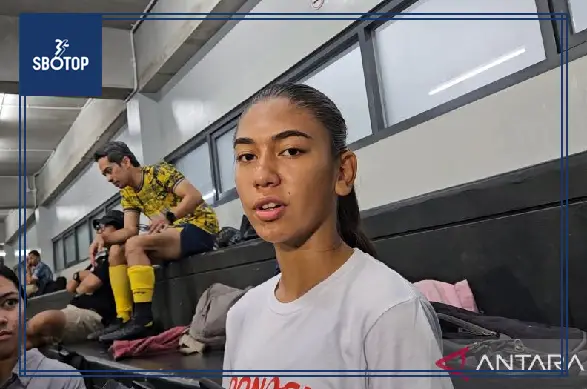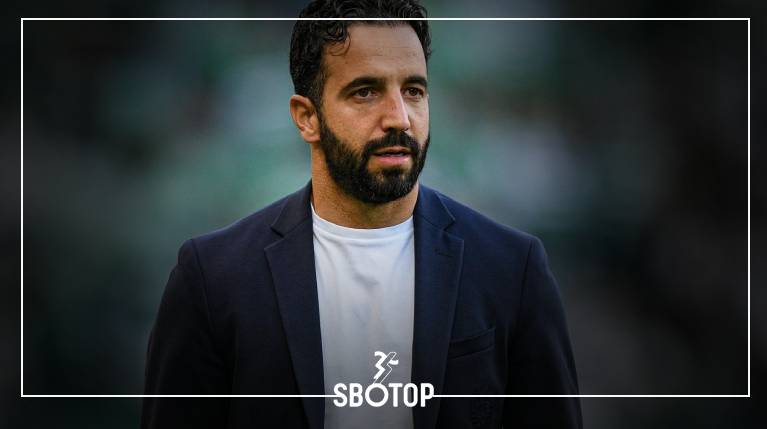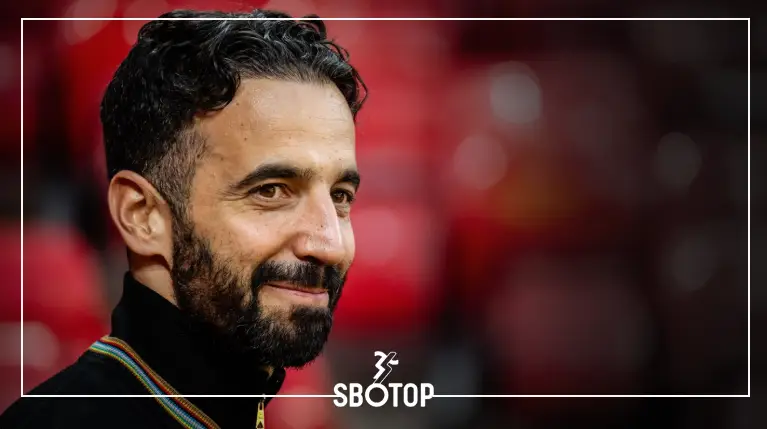Claudia Scheunemann, a prominent figure in the realm of women’s football, has recently remarked on the noticeable difference in vocality between senior national team players and their younger counterparts. Scheunemann, with a career that spans coaching and mentoring at various levels, provides unique insights into how communication and leadership evolve within a Judi bola EURO 2024 team as players mature. This article explores Scheunemann’s observations, the underlying reasons for this vocality, and its implications for team dynamics, performance, and the development of future leaders in football.
The Evolution of Vocality in Football
Youth Versus Senior Levels
One of the key observations made by Scheunemann is the distinct difference in communication styles between youth and senior players. At the youth level, players are often more reserved, cautious, and Situs bola EURO 2024 less likely to assert themselves vocally on the field. This can be attributed to a variety of factors including inexperience, lack of confidence, and the hierarchical nature of team dynamics where younger players defer to their seniors.
In contrast, senior national team players exhibit a higher level of vocality. They communicate more openly, assertively, and frequently during matches and training sessions. This vocality is not limited to tactical instructions but also includes motivational talks, feedback, and emotional expressions. Scheunemann believes that this evolution is crucial for the effective functioning of a team, particularly at the highest levels of competition.
The Role of Experience
Experience plays a pivotal role in this transformation. Senior players, having spent years honing their skills and understanding the nuances of the game, are more confident in their abilities and Trik taruhan bola 2024 perspectives. This confidence translates into a greater willingness to communicate and lead on the field. Experienced players understand the importance of clear communication for tactical execution and team cohesion, making them more proactive in voicing their thoughts.
Development of Leadership Qualities
Another factor contributing to the increased vocality of senior players is the development of leadership qualities over time. Leadership in football is not just about being the captain or a star player; it involves taking responsibility, guiding teammates, and making critical decisions under pressure. As players grow in their careers, they naturally assume more leadership roles, which requires them to be more vocal and assertive.
The Impact of Vocality on Team Dynamics
Enhanced Communication
The vocal nature of senior players significantly enhances team communication. Effective communication is the backbone of any successful team, ensuring that strategies are executed correctly, and everyone is on the same page. Senior players facilitate this by constantly talking to their teammates, providing instructions, and ensuring that communication lines remain open during matches.
Improved Decision-Making
Senior players’ vocality also contributes to improved decision-making on the field. Their experience allows them to quickly assess situations and make informed decisions, which they can then communicate to their teammates. This quick and effective decision-making is crucial in high-stakes matches where the margin for error is slim.
Boosted Morale and Motivation
Scheunemann highlights that vocal senior players often take on the role of motivators within the team. Their words of encouragement and support can boost the morale of younger players, helping them to stay focused and positive even during challenging moments. This motivational aspect is critical for maintaining team spirit and resilience, particularly in competitive and high-pressure environments.
Conflict Resolution
In any team, conflicts and disagreements are inevitable. Senior players, with their mature approach and experience, are better equipped to handle and resolve conflicts. Their vocality helps in addressing issues promptly and effectively, ensuring that minor disagreements do not escalate into bigger problems that could disrupt team harmony.
Case Studies: Vocal Senior Players in Action
Megan Rapinoe
Megan Rapinoe, a senior player for the US Women’s National Team, exemplifies the positive impact of vocality. Known for her outspoken nature both on and off the field, Rapinoe uses her voice to lead, motivate, and inspire her teammates. Her ability to communicate effectively has been a key factor in the success of the US team in various international tournaments.
Sergio Ramos
In men’s football, Sergio Ramos of Spain has been a vocal leader for both his national team and club. His assertive communication style ensures that his defensive line is well-organized, and his leadership qualities have been instrumental in guiding his team through numerous victories. Ramos’s vocal presence on the field is a testament to how senior players can influence team dynamics positively.
Marta Vieira da Silva
Marta, the Brazilian football legend, is another example of a vocal senior player. Her leadership and communication skills have not only helped her team in crucial matches but have also inspired a generation of young female footballers. Marta’s ability to articulate her thoughts and strategies clearly has made her an invaluable asset to her team.
Claudia Scheunemann’s Insights on Developing Vocal Leaders
Encouraging Young Players
Scheunemann believes that developing vocal leaders starts at the youth level. Coaches and mentors should encourage young players to express themselves, share their thoughts, and participate actively in discussions. Creating an environment where young athletes feel safe and confident to speak up is crucial for their development.
Training and Workshops
Implementing communication and leadership training as part of the development program can be highly beneficial. Workshops that focus on public speaking, conflict resolution, and team dynamics can equip young players with the skills they need to become effective vocal leaders in the future.
Role Models and Mentorship
Scheunemann emphasizes the importance of role models in developing vocal leaders. Senior players who exhibit strong communication and leadership qualities can serve as role models for younger players. Mentorship programs that pair young athletes with experienced players can provide valuable guidance and support, helping them to grow into vocal and confident leaders.
Creating a Supportive Culture
A supportive team culture that values and encourages open communication is essential. Coaches and team leaders should foster an inclusive environment where every player feels heard and respected. This cultural shift can help in breaking down barriers and encouraging all team members to contribute vocally.
The Broader Implications for Women’s Football
Empowerment and Equality
The increased vocality of senior players in women’s football has broader implications for the sport. It empowers female athletes to take on leadership roles, challenging traditional gender norms and promoting equality within the sport. Vocal leaders in women’s football serve as powerful examples of female empowerment, inspiring young girls to pursue their dreams and speak up for themselves.
Visibility and Advocacy
Senior female players who are vocal on and off the field play a crucial role in advocating for women’s football. Their visibility and willingness to speak out on important issues help to raise awareness and drive positive change. Whether it’s advocating for equal pay, better facilities, or greater media coverage, vocal leaders are at the forefront of the fight for gender equality in sports.
Development of Future Generations
By fostering a culture of vocality and leadership, women’s football can ensure the development of future generations of confident and articulate players. These players will not only excel on the field but will also be well-equipped to take on leadership roles in various aspects of their lives, contributing to a more inclusive and equitable society.
Baca Juga :






















